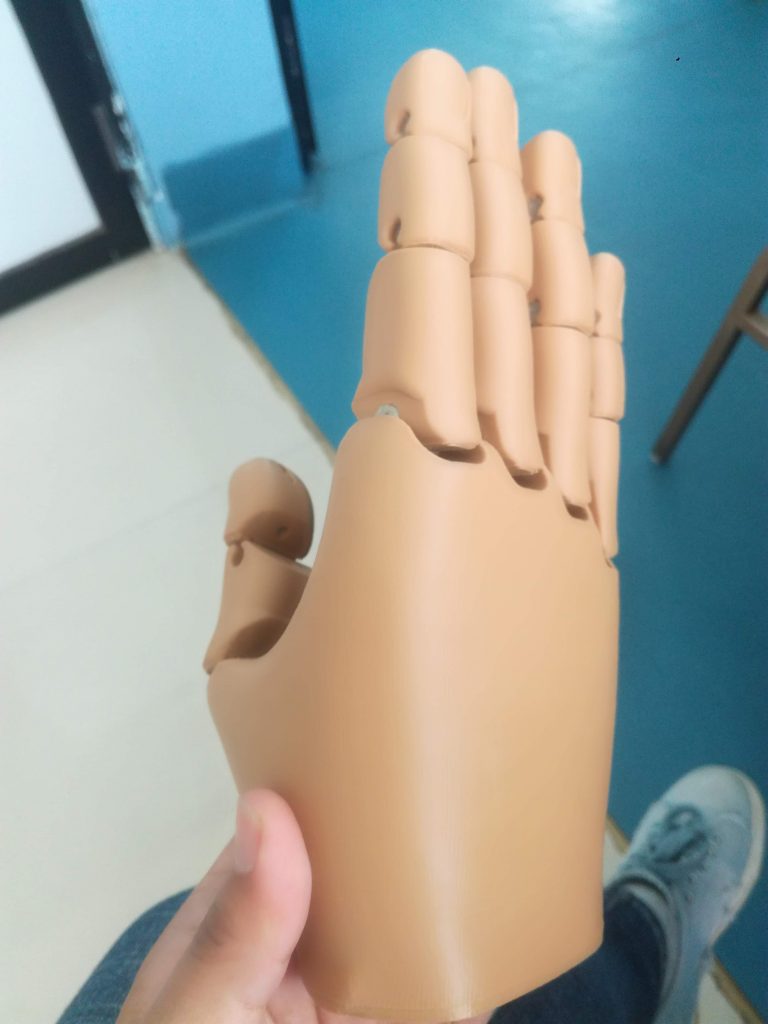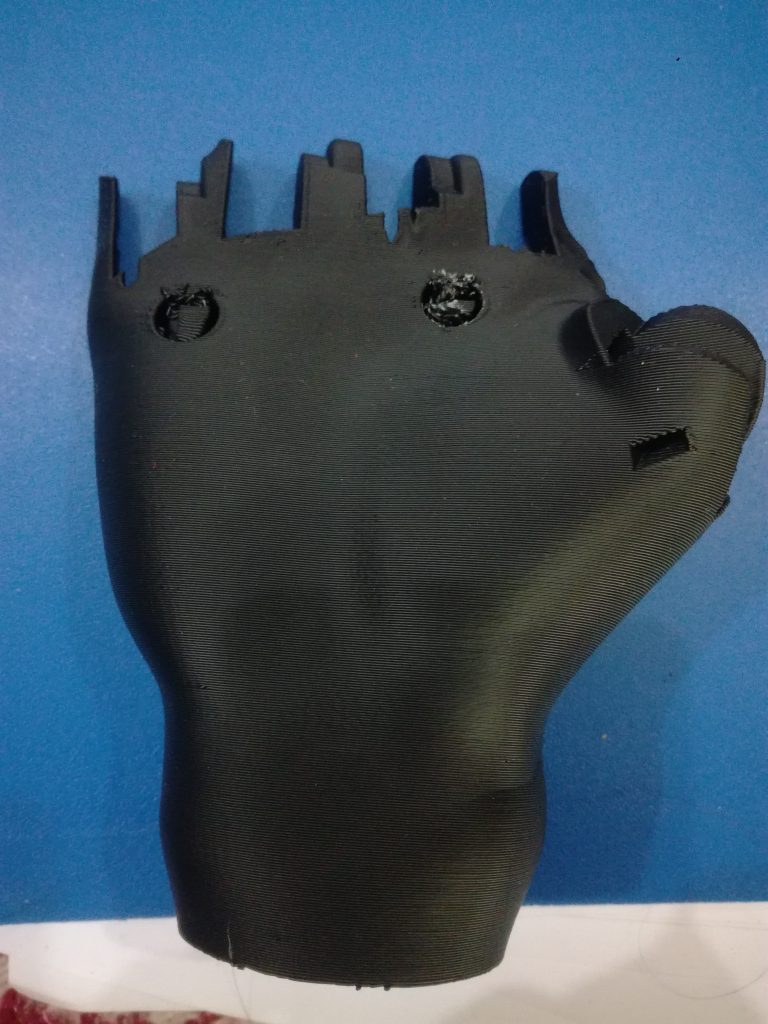Team Member
Anamika Pokharel
ABSTRACT
3D-printed prosthetic hands are a common medical aid for patients with a partial hand congenital defect or amputation. These 3D-printed devices are especially appealing because 3D printing allows for cheap, fast, and accessible manufacture. Also, the CAD-modeled designs are easily scalable for growing kids and can be readily customized patient-to-patient for aesthetics or functionality. However, with the knowledge that the reported rates of rejection of prosthetics were quite high, this project has employed different statistical analyses to determine the possible reasons behind the problem and correspondingly possible solutions. Various analyses were performed on the response received via questionnaires provided to the new users, i.e., who have made a request for the prosthetic hands (predistribution) study, as well as the old users, i.e., who have already received the prosthetics (post-distribution). Human-Centered Design approach was completed with a volunteering patient who also happened to be a passive hand rejecter. The data obtained was evaluated with iterative measures and rapid prototyping was performed to generate a better possible prosthetic hand solution.


